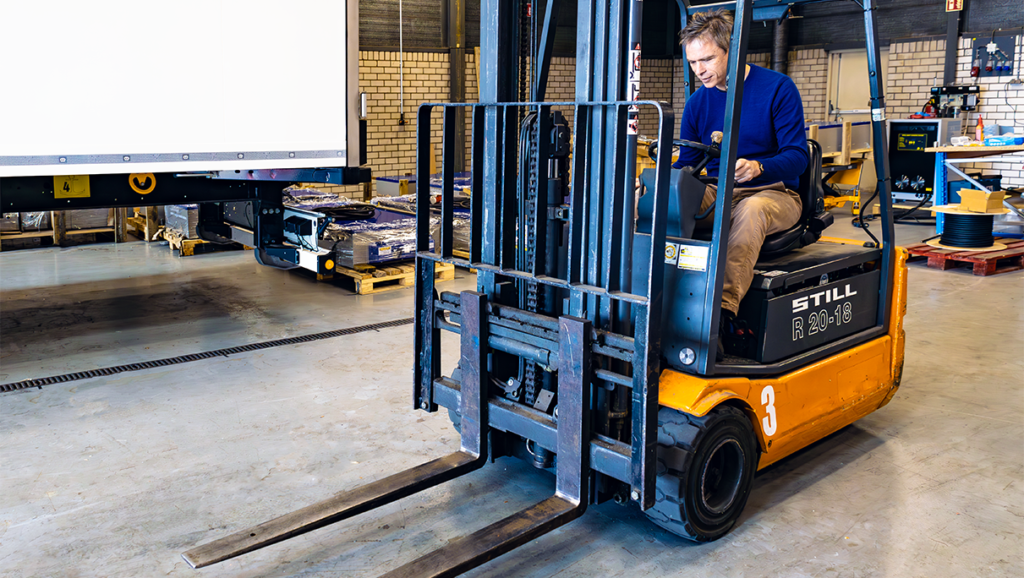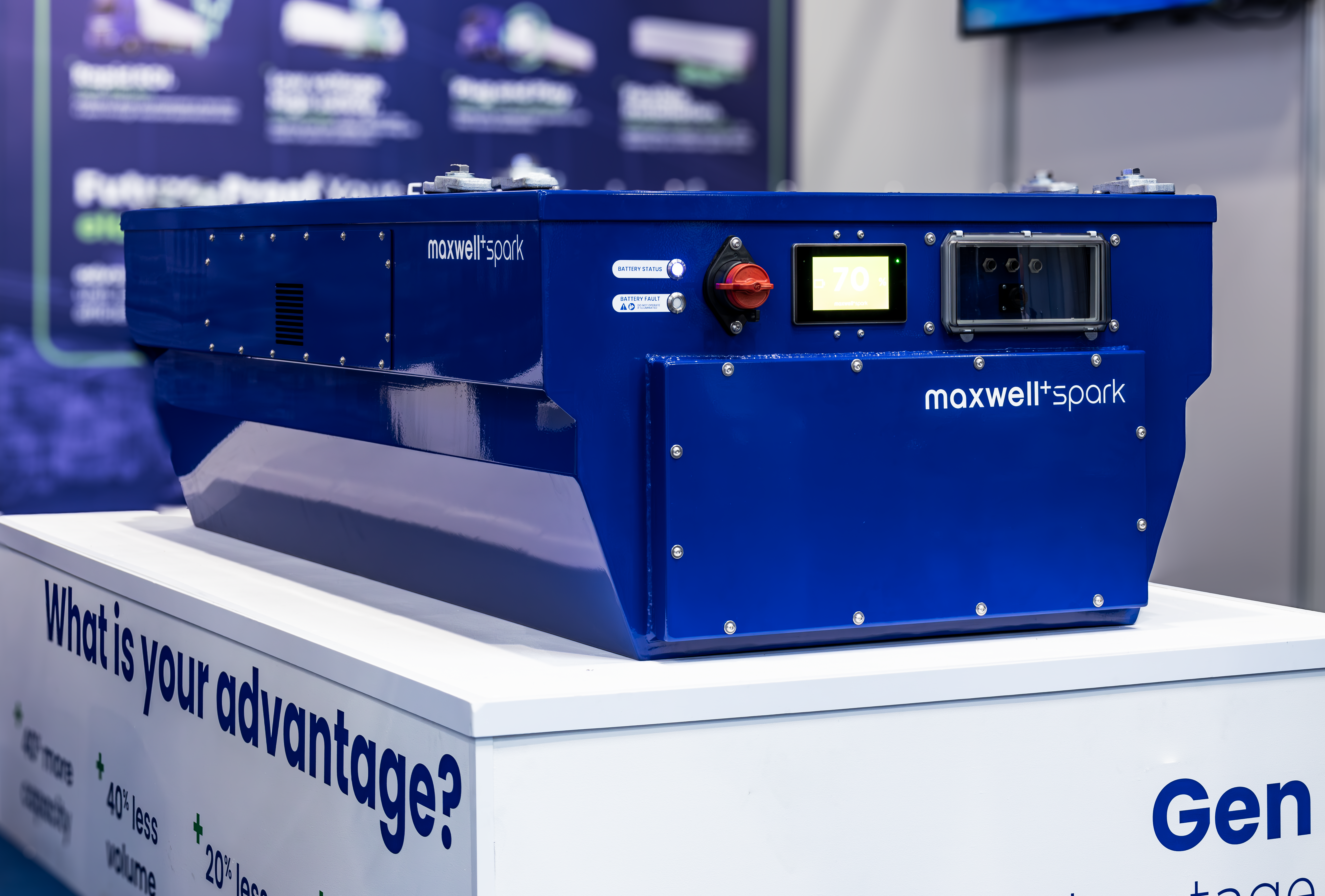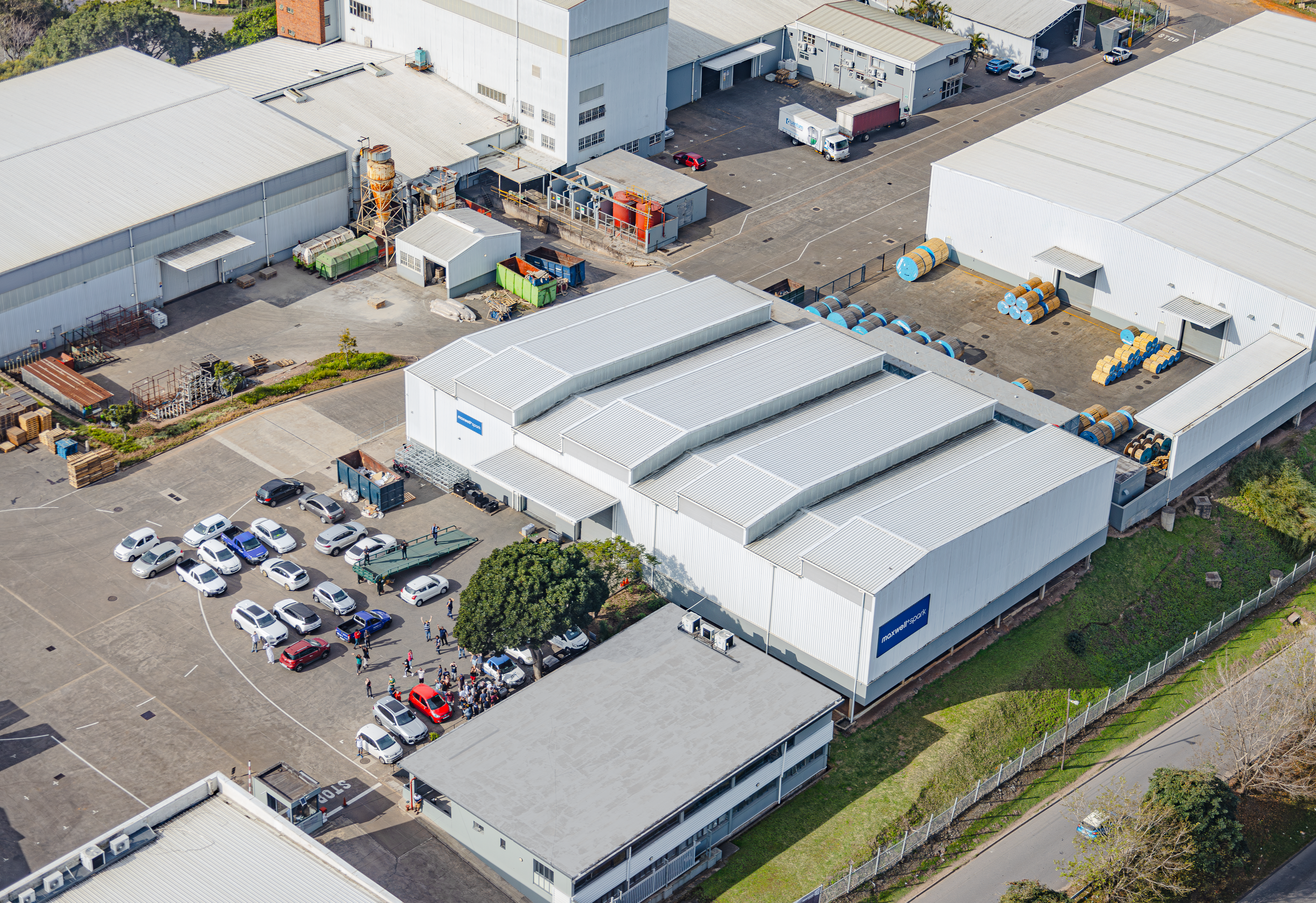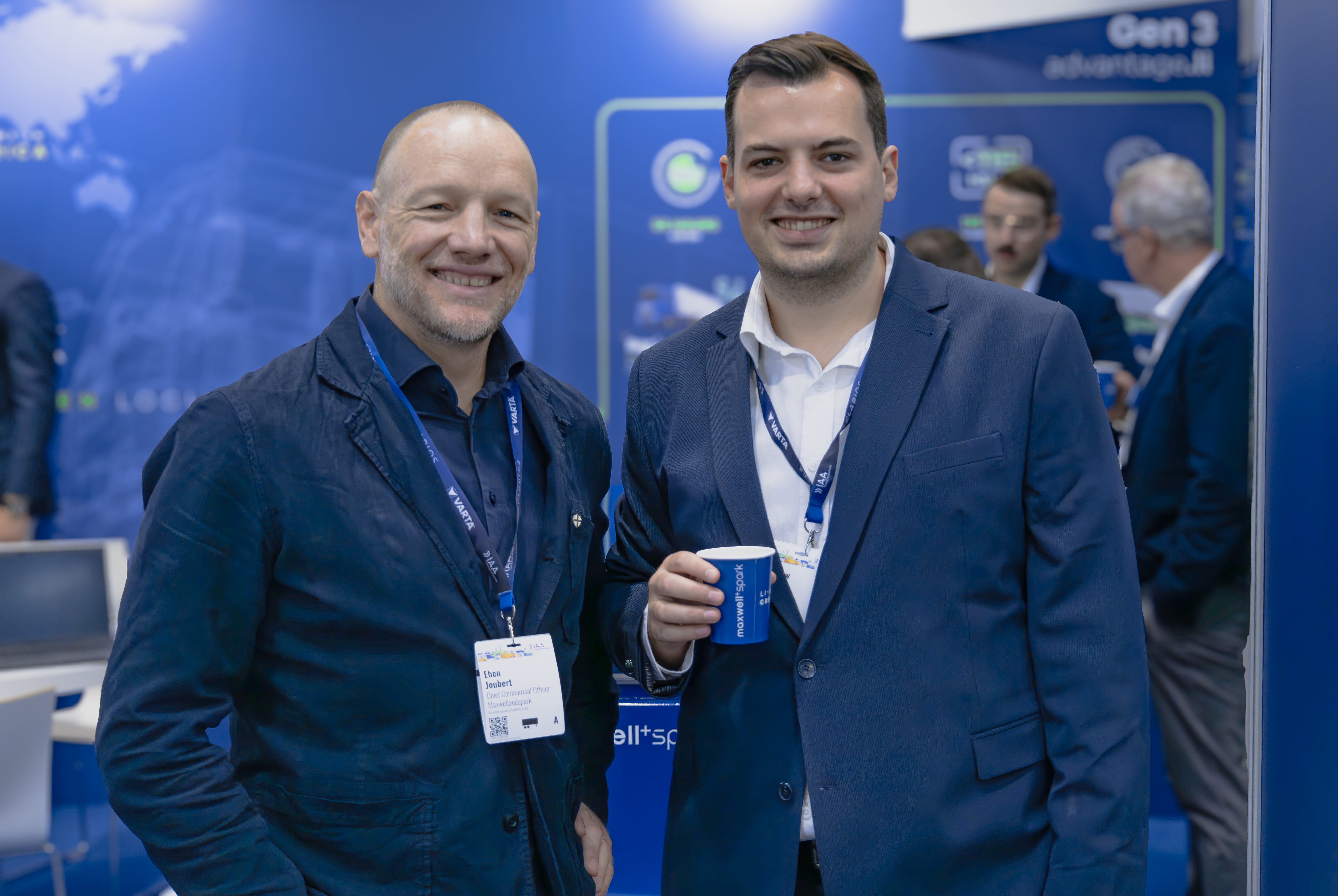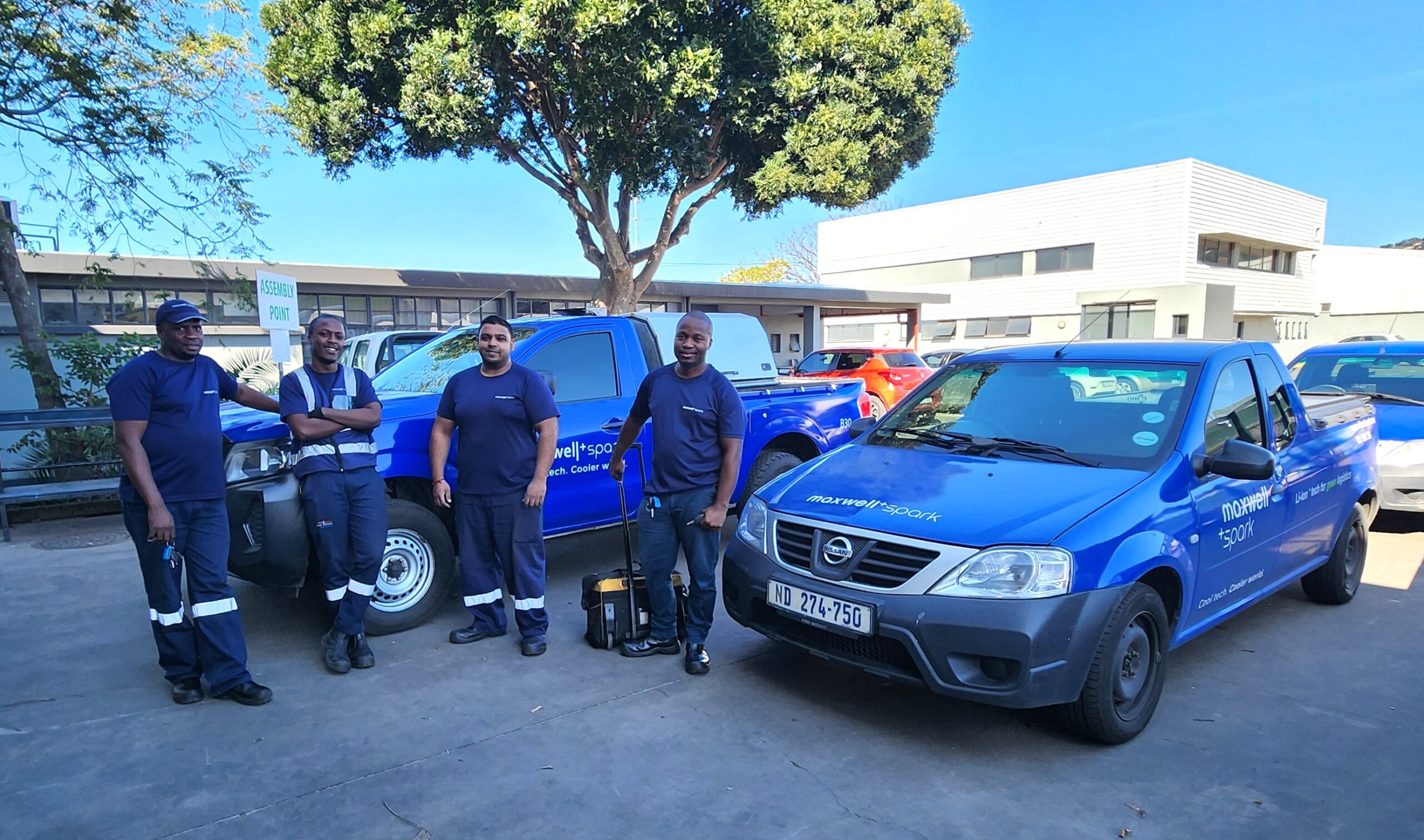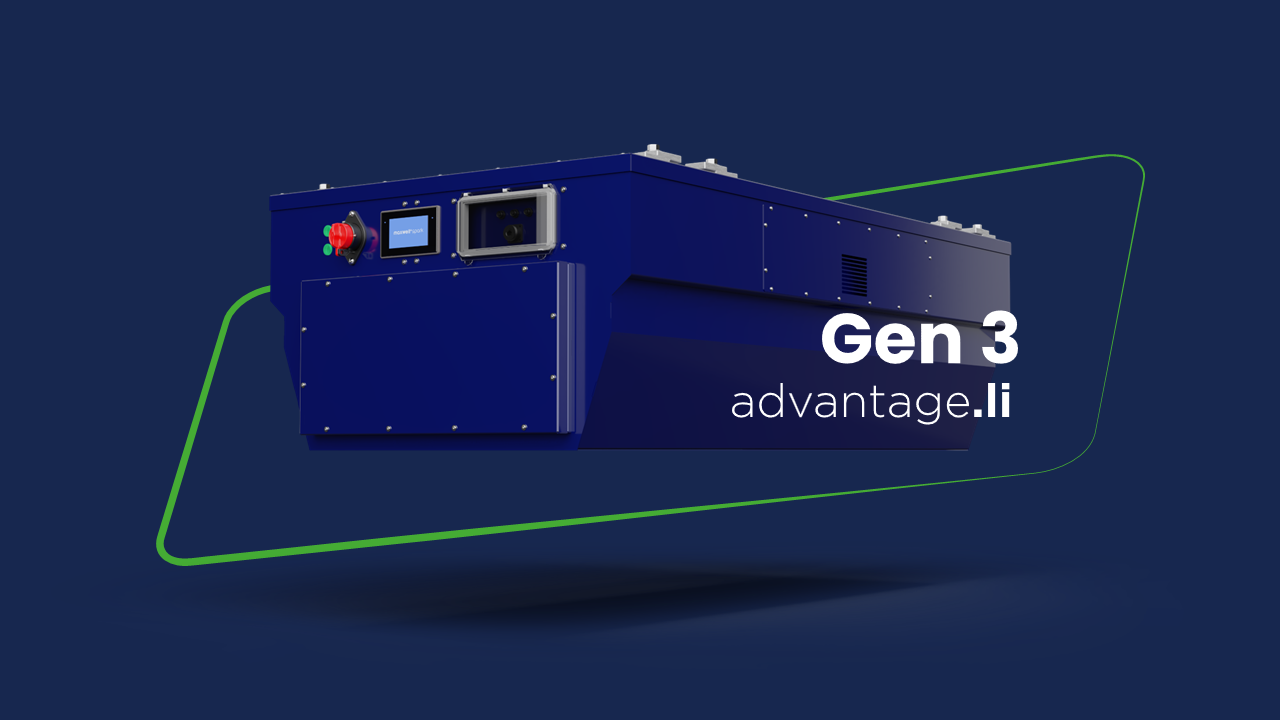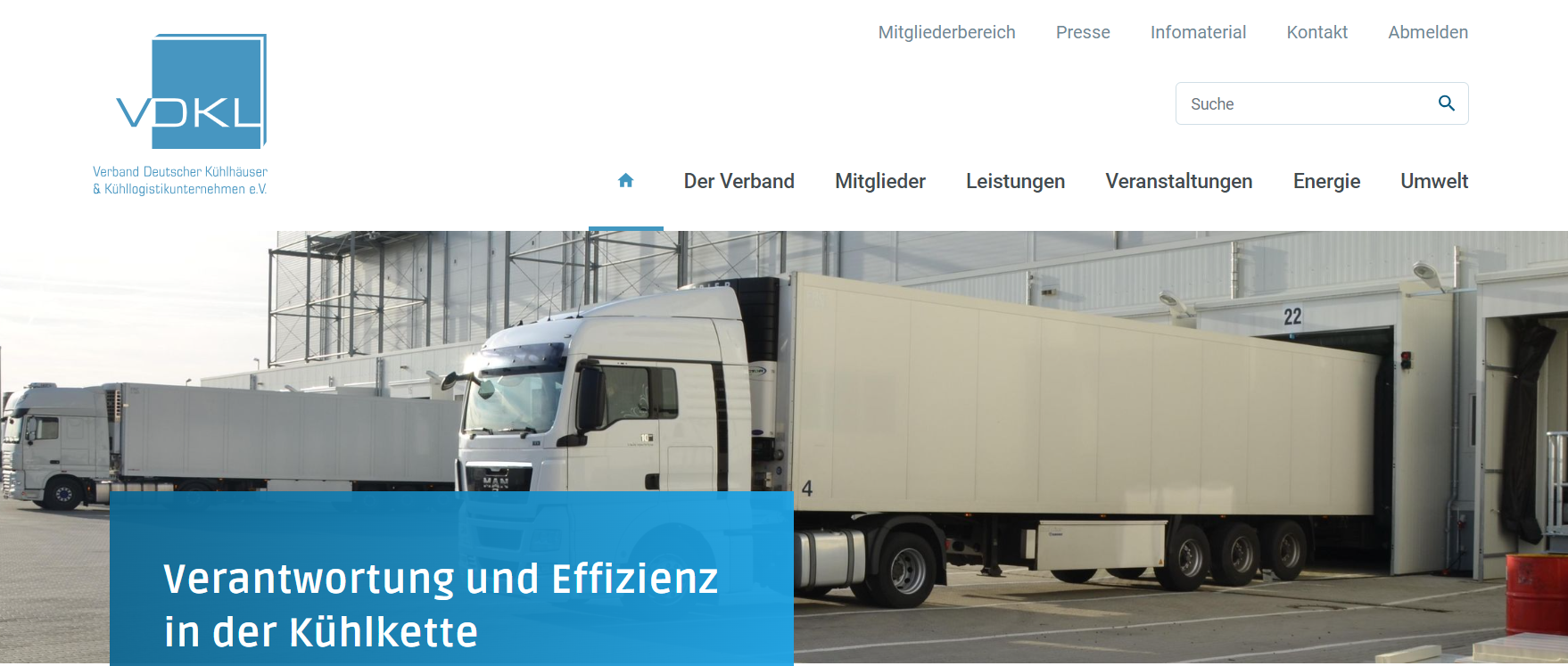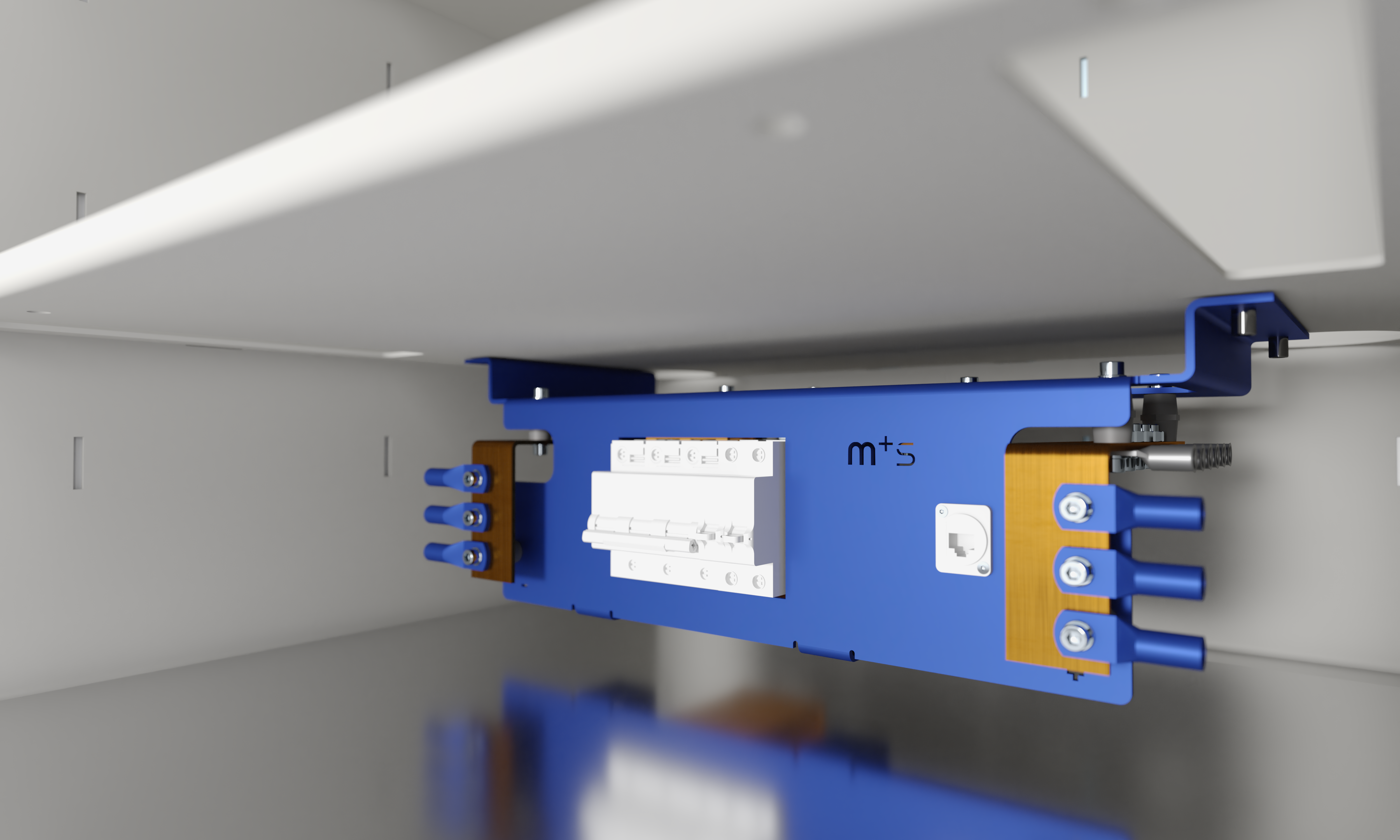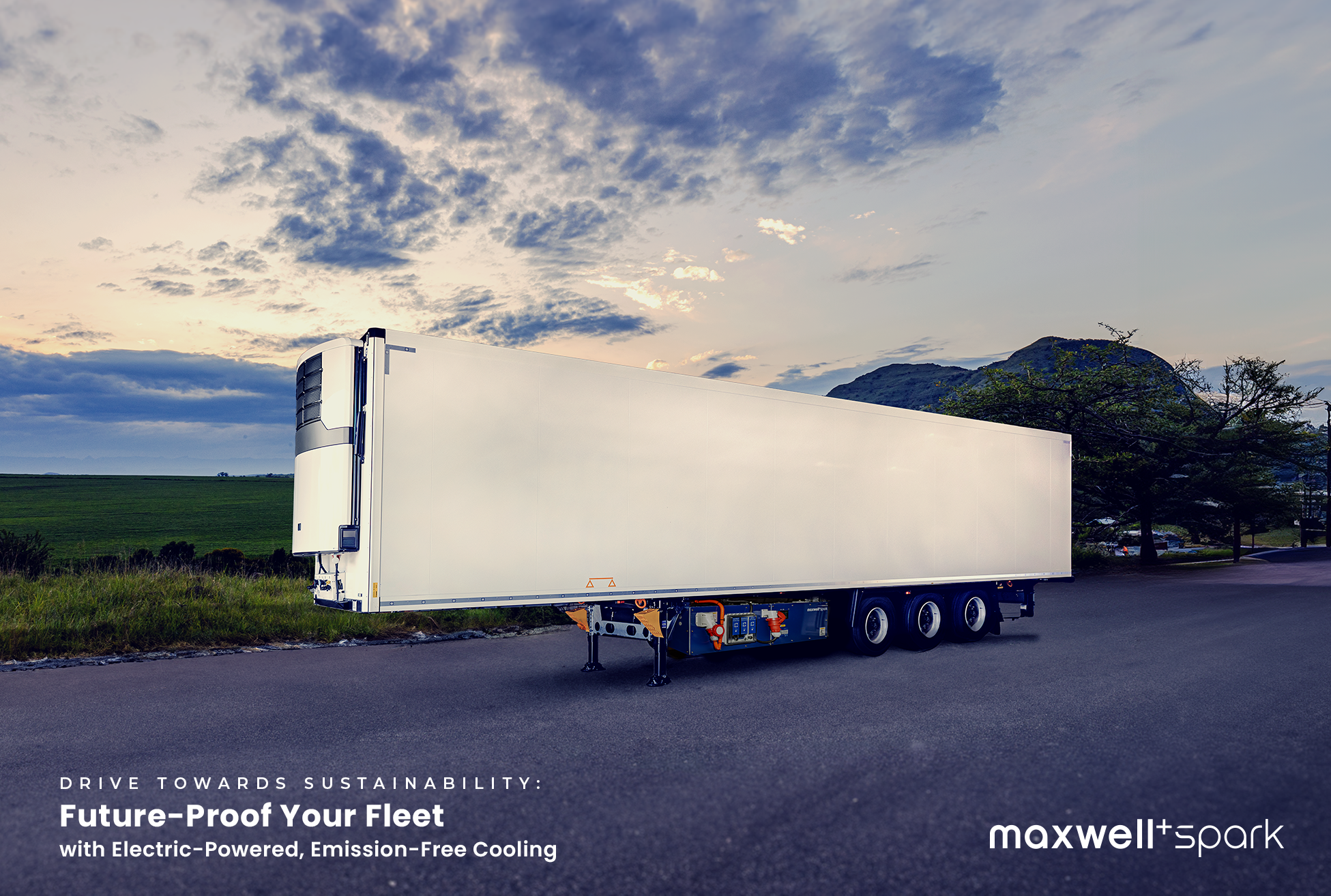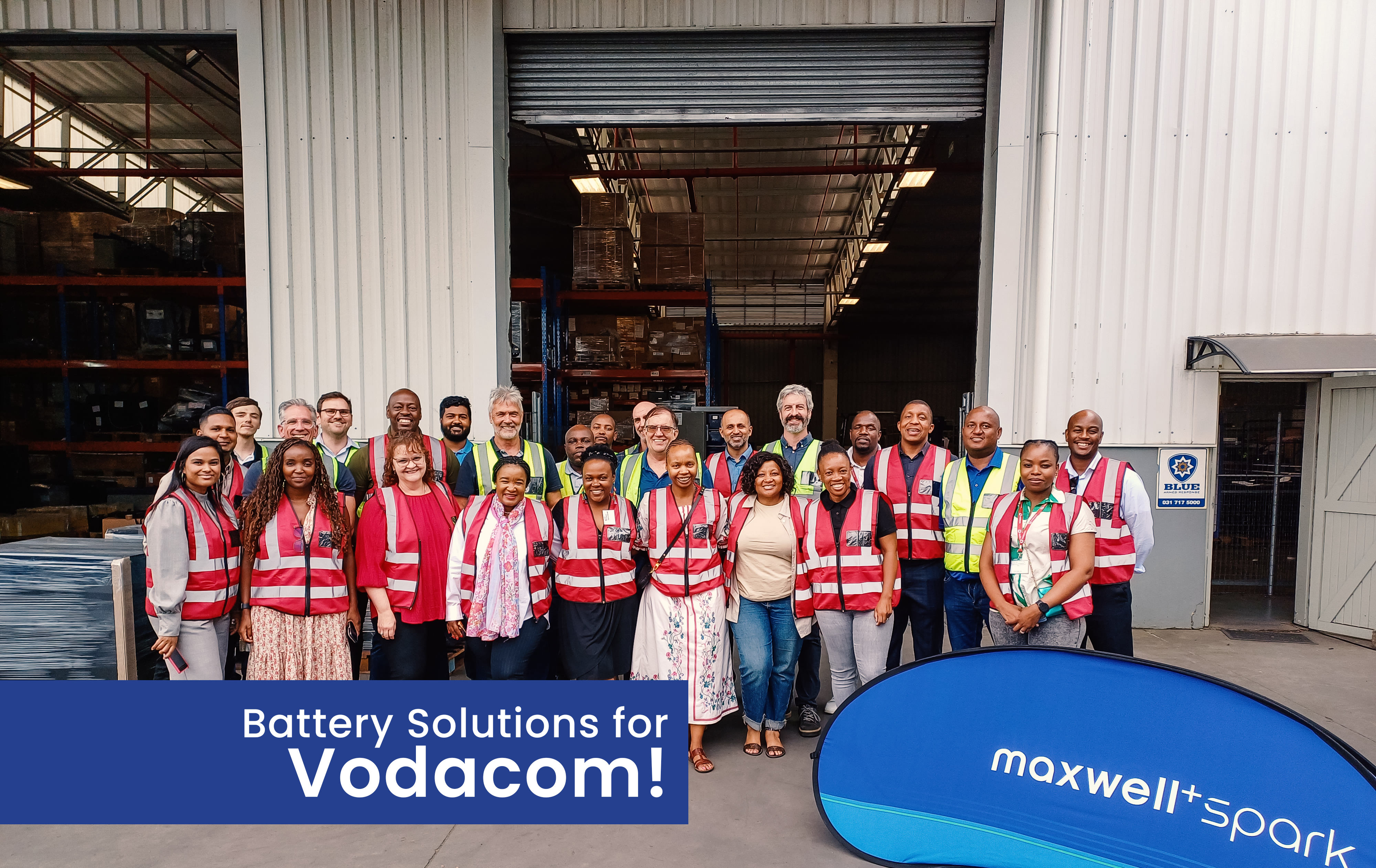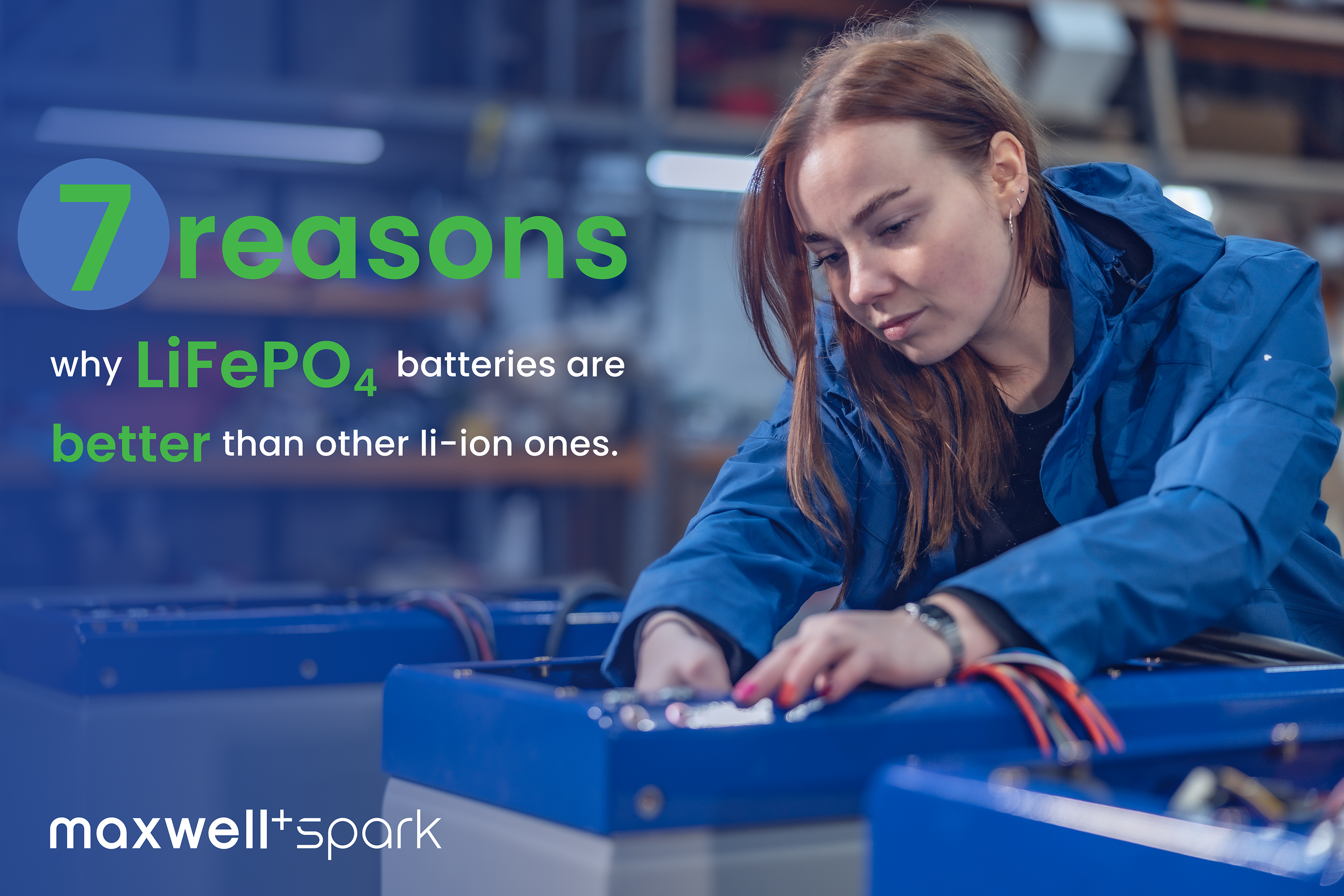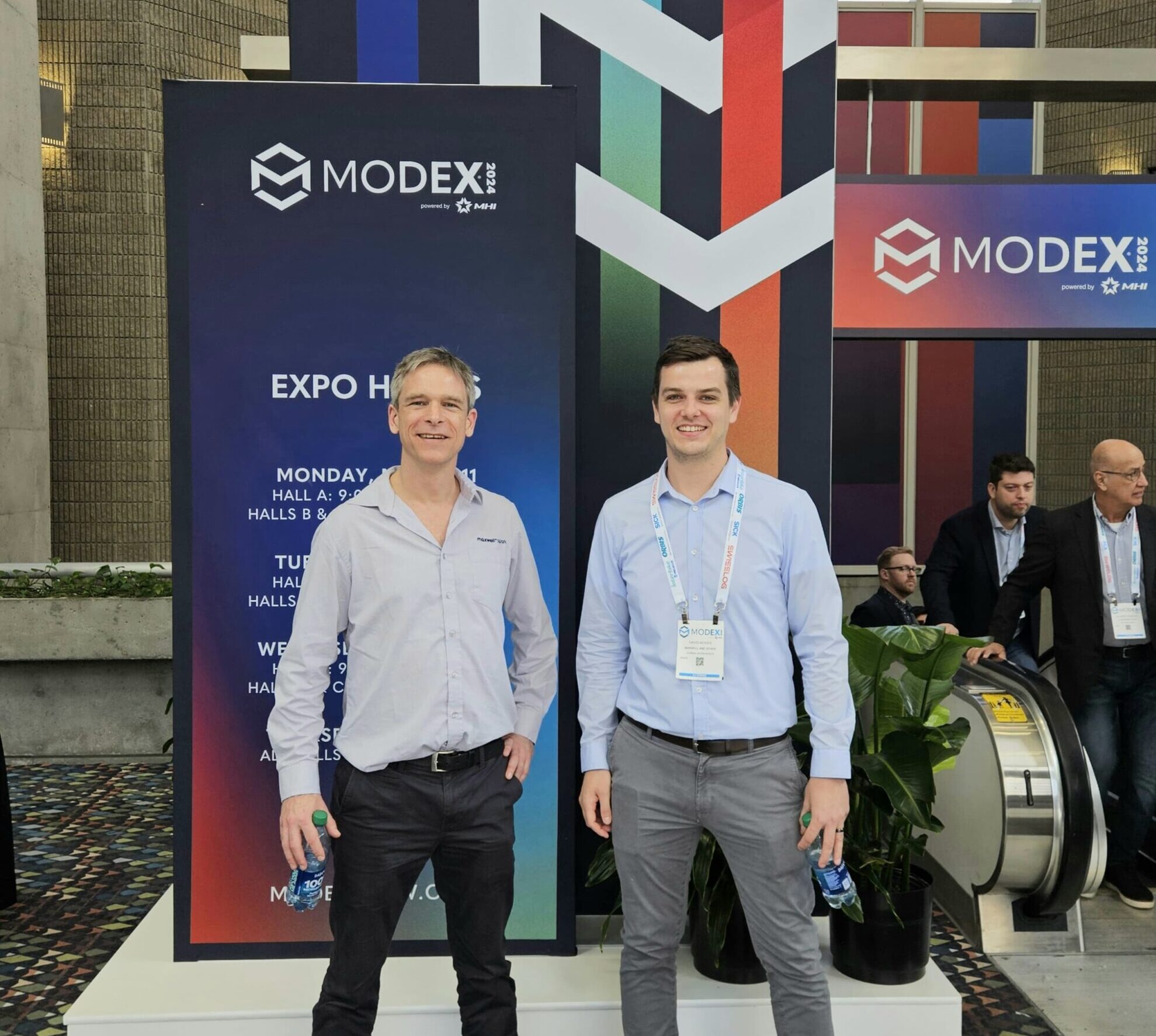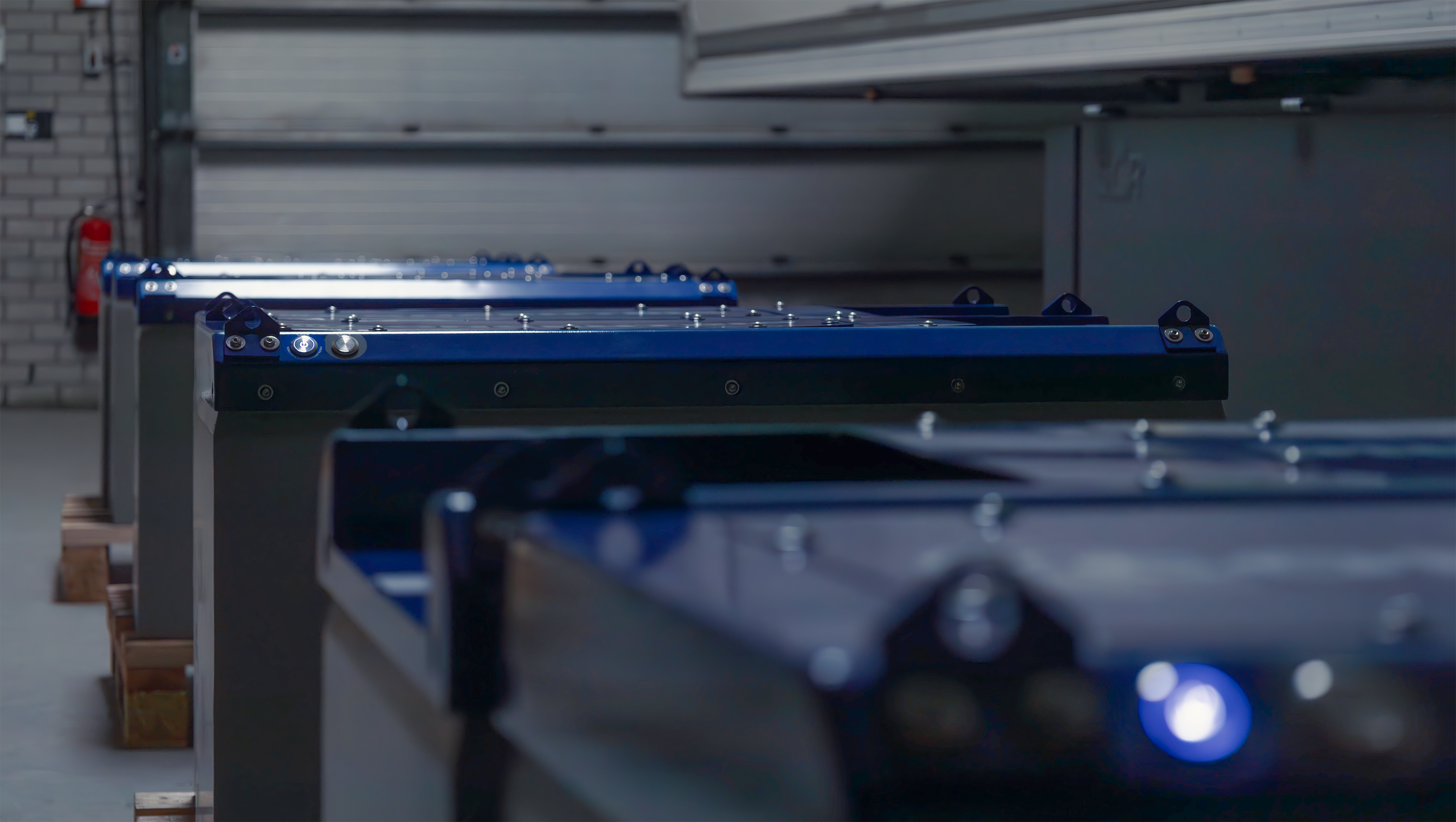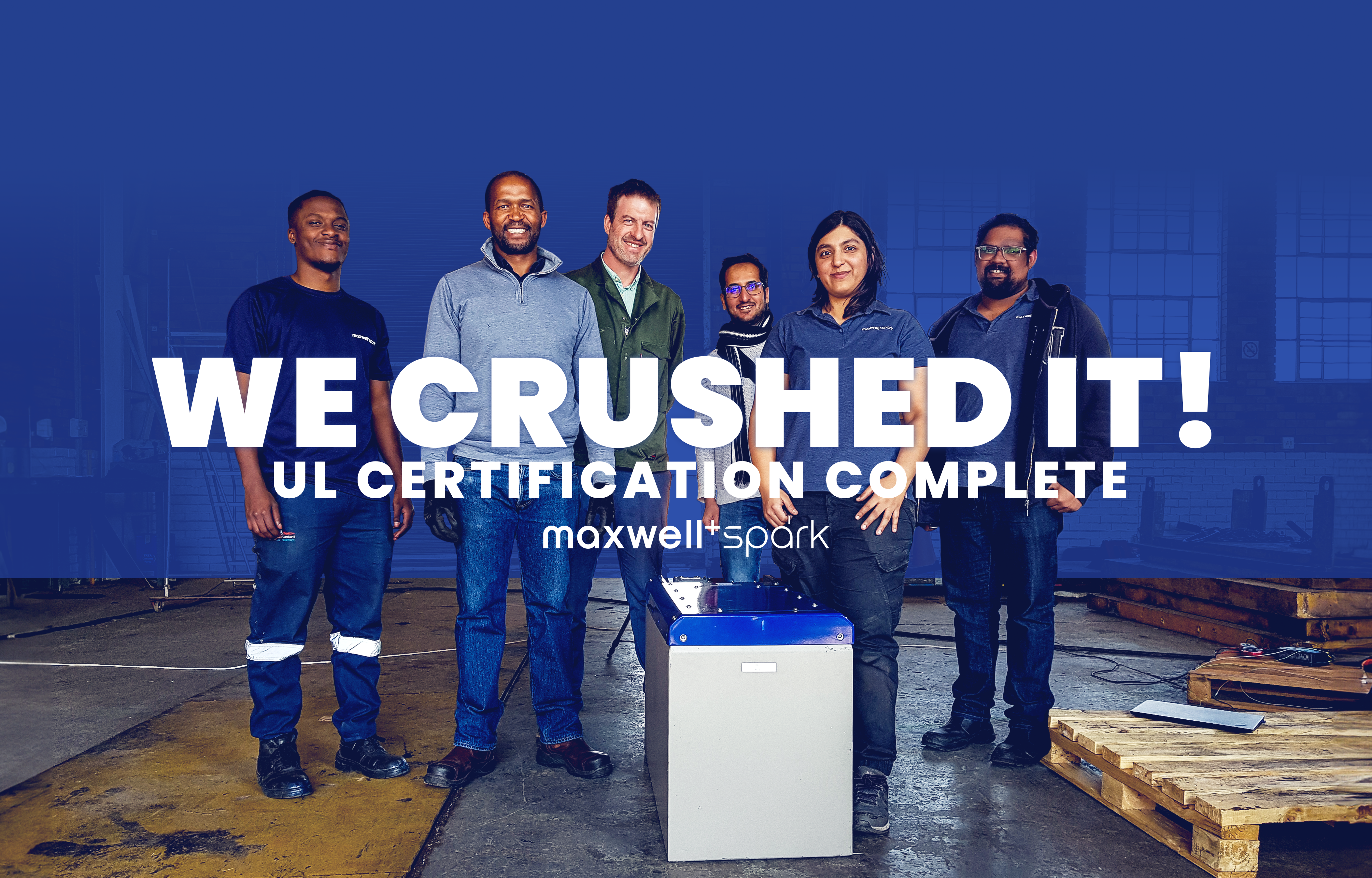In today’s world, the demand for cleaner and more efficient energy solutions is growing at an unprecedented rate. Industries are seeking ways to reduce their carbon footprint, and at maxwell+spark we believe that one critical aspect of this transition is the choice of batteries.
Traditional lead-acid batteries have been around for decades, but lithium-ion batteries have emerged as a game-changer in the realm of energy storage and maxwell+spark engineers are leading the way in mobile energy storage systems.
Whether our motive.li battery systems are powering forklifts, reach trucks or other materials handling equipment, here are 7 reasons why lithium-ion batteries make more sense than traditional lead acid.
- Longer Lifespan: Lead-acid batteries have a limited number of charge and discharge cycles, typically around 1,500 cycles. Our lithium-ion batteries get you to 6000 cycles.
- Weight and Size: Lithium-ion batteries are much lighter and more compact.
- Charging Time: Lead-acid batteries typically require 8 to 10 hours or more for a full charge, whereas lithium-ion batteries can be charged in as little as 1-4 hour, reducing downtime and increasing productivity. Added to this, lithium-ion batteries support opportunity charging, allowing forklifts or other equipment to be charged during breaks or downtime without significantly impacting battery life.
- Maintenance Requirements: Lithium-ion batteries are virtually maintenance-free and do not require water refilling.
- Energy Efficiency: Lithium-ion batteries are more energy-efficient than lead-acid batteries. They discharge energy at a more consistent voltage throughout their cycle, providing a more stable power supply. Lead-acid batteries experience voltage sag as they discharge, leading to reduced efficiency and performance. Lithium-ion batteries also produce less heat during charging and hence use less electricity to charge.
- Space Constraints: In facilities with limited space for battery storage and charging infrastructure, lithium-ion batteries are advantageous because there is no need for specialised charging rooms/areas. This can enable businesses to optimize their warehouse layout and make better use of available space.
- Environmental Impact: Lead-acid batteries contain hazardous materials like lead and sulfuric acid. LFP Lithium-ion batteries (as used by maxwell+spark) are considered more environmentally friendly as they are free from these toxic components and have a smaller ecological footprint.
At maxwell+spark we don’t just offer standard lithium-ion batteries; we specialize in tailored solutions that not only improve our customer’s operations but also contribute to a more sustainable and eco-friendly future.
